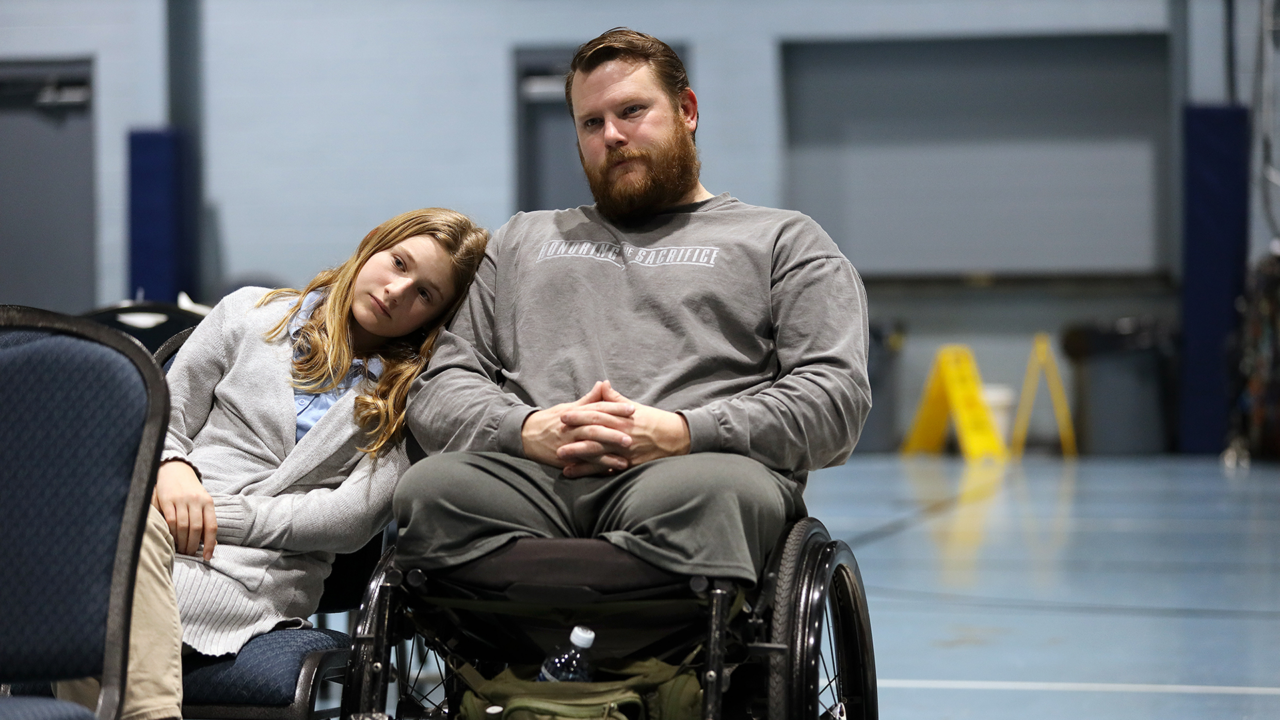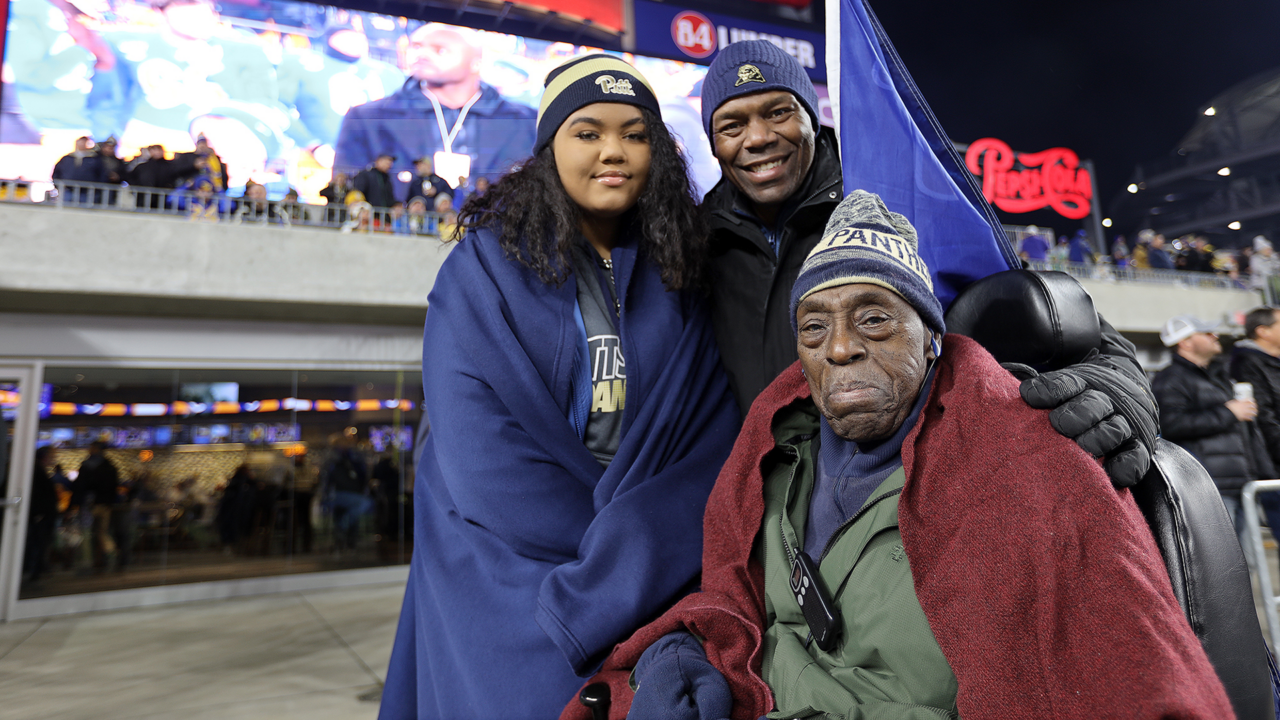Caregiving– a new documentary and national engagement campaign on the state and stakes of providing care in America.
Caregiving | Trailer
In the U.S., more than 53 million family caregivers are unpaid, providing 34 billion hours of care annually, amounting to an estimated $67 billion in personal lost earnings. As caregiving in America faces the twin pressures of an aging baby boomer generation and rising life expectancy, the United States’ long-term care system threatens to tip into crisis. The film will personalize this urgent national issue through stories from caregivers and interviews with experts as they fight to give caregivers the security and support they provide for so many others. The project also includes a robust national engagement campaign.
The series will examine caregiving from multiple perspectives: the creation and evolution of the care system; the social dynamics that shape our approach to caregiving today and the future possibilities; the lives of caregivers and their relationships with those in their care; the interpersonal and economic pressures faced by caregivers; and the broader societal context in which caregiving operates on the margins, yet affects everyone. Caregiving will air on PBS & Well Beings.org in 2025.
The Numbers Behind the Issues
- Family caregivers provide 34 billion hours of care annually
- 83% of caregivers in the U.S. are unpaid
- Lost earnings by family caregivers in the U.S. are estimated to exceed $67 billion
- 10,000 baby boomers in the U.S. turn 65 every day
- The estimated value of unpaid caregiving contributions in 2017 was $470 billion
- 3 out of 5 caregivers are female with an average age of 49
- 21% are Hispanic, 20.3% African American,
- 19.7% Asian American, 16.9% White
- 83% of all caregivers are unpaid
- Paid caregivers earn less than $30,000 a year, and spend more than 25% for the person they are providing care
- In the U.S., 5.4 million children care for a loved one with a disability
“A majority of Americans cannot afford to take care of their families. They see it as their responsibility, and often their failure. To get by, they cobble together solutions, even quitting their jobs to look after a loved one – a newborn, a parent, a friend, or an in-law. Things are getting worse as baby boomers age into their 70s. We are facing a social crisis as America’s piecemeal and expensive care infrastructure, created a half century ago, has reached a breaking point.”
AI-JEN POO & DR. BENJAMIN W. VEGHTE Architects of Universal Family Care, New York Times
Share Your Story
We invite caregivers of all ages to share their personal stories, videos, photos, and reflections to offer hope, foster understanding, build community, and break down stigma surrounding caregiving. You can easily submit your video via social media using the hashtag #WellBeings or email your story to info@wellbeings.org. Your submission may be featured in the We Are Well Beings Storywall. The We Are Well Beings Storywall is made possible through the generous support of Otsuka and People.
Share your caregiving journey and contribute to the collective strength and resilience of our online community as we support each other through the highs and lows of caregiving.
Caregiving is a production of Lea Pictures and WETA Washington, D.C., in association with Ark media. Chris Durrance serves as Director for Ark media. Barak Goodman is Series Producer, Chris Durrance is Senior Producer and Ruth Fertig is Producer for Ark media. Executive Producers for Lea Pictures are Bradley Cooper and Weston Middleton. Executive Producers for WETA are John F. Wilson and Tom Chiodo. Producer for WETA is Kate Kelly. Production is managed for WETA by Jim Corbley.
Generous support for Caregiving is made possible by Otsuka America Pharmaceutical Inc.; Evelyn Y. Davis Foundation; Ralph C. Wilson, Jr. Foundation; Care.com; and the National Alliance on Mental Illness. Support for the engagement and outreach for Caregiving is made possible by the John A. Hartford Foundation.

